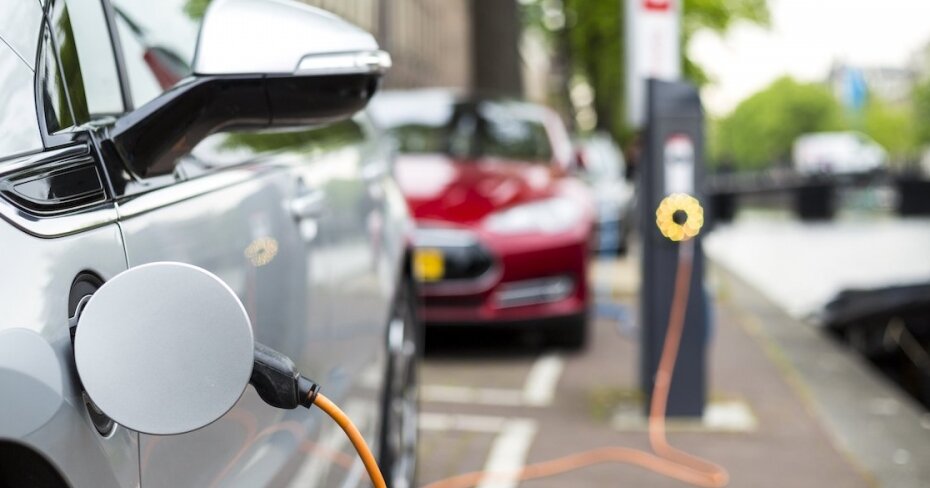Are electric vehicles more expensive to insure?
By: Renee Sylvestre-Williams on November 6, 2019
You know you’re in Canada when you find yourself in conversation about whether or not an electric vehicle (EV) could withstand a road trip from one end of our vast country to the other. But road trips and convenient charging stations aside, one question that potential EV owners are bound to have is: will I pay more in insurance if I buy an electric vehicle?
EVs are certainly popular — one in 11 cars sold is an EV — but they come with their own costs (they run at least $15,000 more than comparable gas-powered cars) and limitations.
Auto insurance is mandatory in Canada, but how much you pay for that insurance depends on several factors, including your gender, driving history, location, type of car, whether it’s a personal or business vehicle, and the rating your vehicle has been given by the Canadian Loss Experience Automobile Rating system (CLEAR), which uses insurance claims data to determine whether a car has a high likelihood of being stolen.
But where do electric vehicles fit in when it comes to insurance? These are some factors that can affect EV premiums.
What’s under the hood?
The reason some EVs retail for more than a gas-powered vehicle has to do with the batteries they carry under the hood. A lot of technology goes into developing long-life batteries and as a result, replacing them can be very expensive if they’re damaged in a collision.
This falls under the whole the-more-expensive-the-parts-the-more-expensive-the-claim logic insurers rely on when determining premiums. The idea is that the more advanced and sophisticated features a car has, the costlier it will be to replace those parts.
If you have to repair the battery in your EV, you may need the services of a specialized mechanic. All these expenses could be reflected in higher premiums.
Proprietary parts
But — you might ask yourself — if there are fewer EVs and hybrid vehicles on the road to begin with, then there’s a lower chance of collisions, and therefore, claims, right? Not quite.
“Ultimately at the end of the day, when one of those vehicles is being repaired, what’s the cost going to be?” says Pete Karageorgos, director of consumer and industry relations (Ontario) at the Insurance Bureau of Canada. Some of the challenges insurance companies are facing, he says, is that some EV technology and some EVs in general are proprietary to the original equipment manufacturers (OEMs).
“So it’s the OEMs who are in the best position to repair those vehicles and that may limit the choice consumers have in terms of having a competitive market as smaller repair shops can’t compete.”
He likens it to luxury cars. There are fewer Porsches and Ferraris on the road but because they cost more to repair, that still translates into higher premiums. The same can be said for the manufacturer’s suggested retail price (MSRP). Some EVs are more expensive than traditional vehicles. And just like with traditional cars, the higher the MSRP, the higher the insurance premium will generally be.
Green cars can get insurance discounts and incentives
But higher premiums aren’t always the case with EVs.
Emily and her partner Craig, who asked their last names be removed for privacy reasons, own a Nissan Leaf.
“The electric is cheaper for insurance,” she says. “It wasn’t a factor when we bought it but was yet another nice cost savings on top of gas, oil changes, etc.” Plus, as more people are looking for ways to reduce their carbon footprint, more insurance companies are offering incentives to drivers who buy an EV. Desjardins, for instance, offers reduced auto premiums to EV owners. And TD Insurance also offers discounts to owners of EV and hybrid vehicles. On top of that, there are still some electric vehicle credits left in Canada.
So, if you do decide to buy an EV, make sure you shop around, watch out for incentives and credits, and compare premiums before you settle on an auto insurance provider. You might wind up paying more for premiums than with a traditional car — or you might get lucky. The most important thing is that you feel good as you hit the road in your green vehicle.


.jpg?itok=88nBkwga)